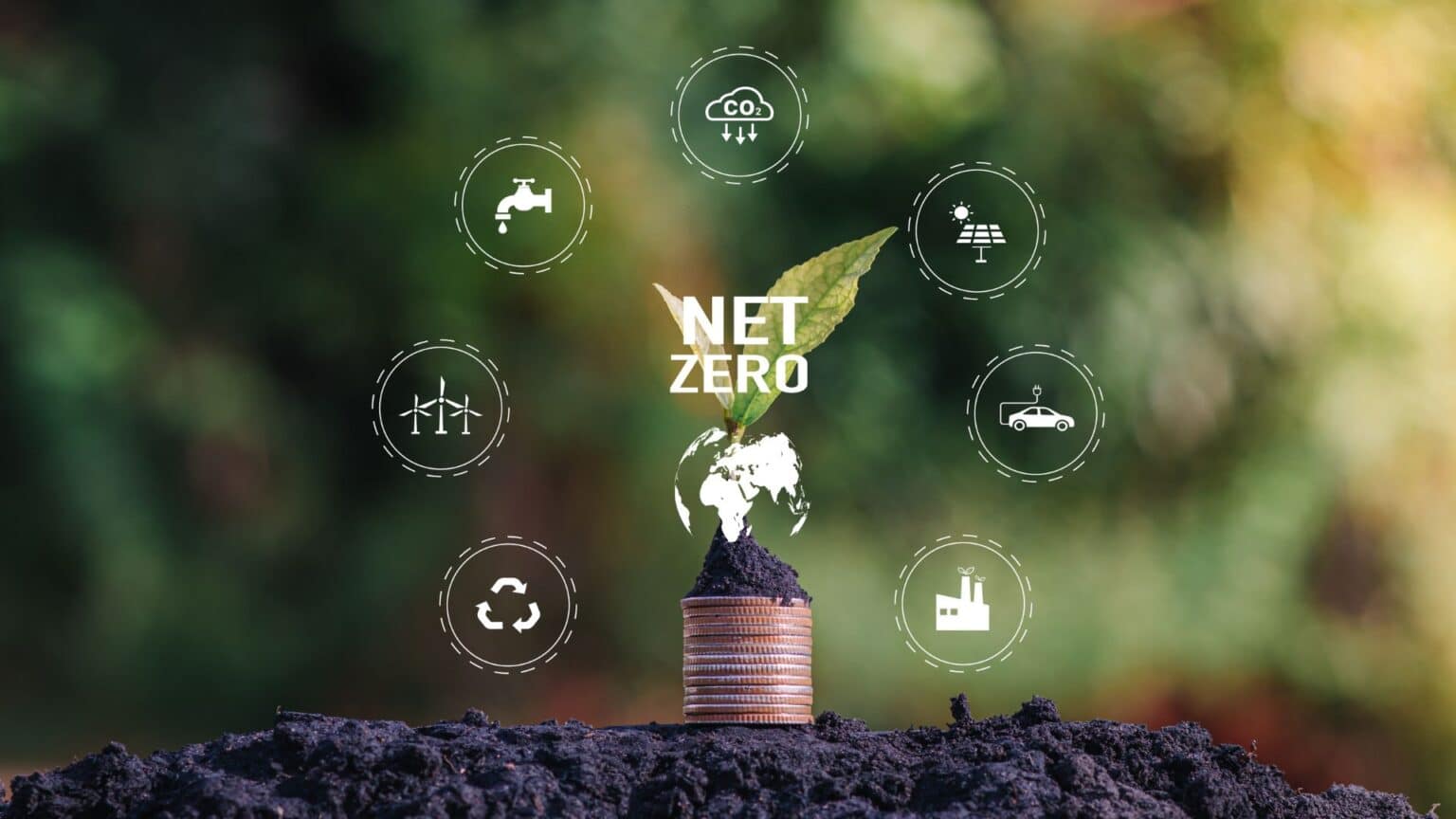Around the web and even the news, you’ve probably seen the phrase “net neutrality” popping up recently. It seems that discussion about this topics flares up a few times a year, then you hear nothing about it for months, but what does net neutrality mean?
Net neutrality is a loaded topic, and we’re not here to argue in favor or against it. Rather, we want to offer a brief explanation of the idea, why you’ve heard so much about it, and how its repeal could affect the internet positively and negatively.
What is Net Neutrality?
Simply put, net neutrality is the principle that all traffic on the internet is equal. This mainly applies to internet service providers (ISPs, like Comcast and Verizon) and what they can and cannot do with a customer’s internet connection.
With net neutrality in place (as it has been in the United States since 2015), ISPs cannot charge customers different amounts of money based on the websites they visit or the ways they communicate. Visiting your company’s blog is no different from browsing Microsoft’s website. You don’t have to pay Comcast extra money if you want to use YouTube.
Without net neutrality, this would all change. Instead of all traffic on the internet treated equally, an ISP could create various packages and charge you differing amounts of money depending on the websites you want to visit. The hypothetical mockup below shows this:
Net Neutrality in the Past
Currently, the US government classifies ISPs as “common carriers.” This means they’re subject to regulations just like power companies and other utilities. If the government finds that an ISP is breaking the rules, it can step in and stop that behavior.
For example, in 2012, AT&T prevented iPhone users on older plans from using the video chat feature FaceTime unless they upgraded to a more expensive shared plan. This wasn’t a restriction from Apple — FaceTime works fine on any network. But because AT&T wanted people to buy its more expensive plans, they blocked FaceTime unless you were using Wi-Fi. This type of action is against current net neutrality rules.
What Would a Web Without Net Neutrality Look Like?
It’s easy to see how this could play out if companies had the ability to restrict your network usage to prioritize their own services. Verizon could slow down Skype considerably so you’d have to pay for its phone service. Or, Time Warner (who owns CNN) could include access to CNN with a basic service plan, but charge extra to visit alternative news sites. Perhaps Comcast would cripple Netflix streaming so you’d be tempted to pay for the NBC streaming service (which Comcast owns) instead.
We may see ISPs offer some kind of package deals, similar to those for TV. Your basic subscription includes news websites and the like, but anything else could incur an additional cost. All services that Comcast, Verizon, and their ilk think they could charge extra for will probably happen. Netflix, YouTube, and Hulu might cost an extra $10 per month, online gaming could fall into its own package, and so on.
Without net neutrality, internet service providers would become gatekeepers of what we do on the internet instead of simply providing the service to do with as we wish. ISPs could bully websites into paying money to escape their “slow lanes” and charge customers more money for the sites they really want to access.
Positives of Repealing Net Neutrality
Some that argue against net neutrality believe the internet will be better off without these regulations. Opponents of the rule believe that the government shouldn’t tell ISPs how to run their networks, since these companies should be able to act however they wish and let the free market decide who to use. In addition, some find that adding ISPs to same the Title II classification as power companies and airlines isn’t a fair equivalent.
If net neutrality were to dissolve, people who don’t use everything the internet has to offer could potentially benefit from lower costs. Someone who only uses their computer to check email and browse the news could stick to the basic package and avoid paying for video streaming, online gaming, and social media. This would be similar to only watching network TV stations and not paying for cable.
As the chairman of the FCC has stated, repealing net neutrality could lead to benefits for broadband companies that would eventually benefit consumers, too. With less regulation, theoretically, more people will invest in this sector and more competitors will spring up to challenge Comcast and other big ISPs. Giving the average customer more choices will hopefully cause ISPs to improve their service in order to win people over.
What’s Happening to Net Neutrality Now?
On December 14, 2017, the FCC voted 3-2 to repeal net neutrality. This means that ISPs will no longer be subject to Title II regulations, and the FCC won’t enforce violations of net neutrality policies. However, before the repeal takes effect, Congress has the power to overrule it, so the discussion isn’t finished.
In theory, if your current ISP starts charging you for services you don’t want to pay for, you could switch to another provider. However, this isn’t always possible. In many areas, people only have one choice of network provider.
So no matter how you feel about it, net neutrality is an important topic. It’s safe to say that in the history of the internet so far, its free and open nature has been one of its greatest strengths. Now that the FCC has voted to repeal net neutrality, we’ll see how that decision affects the internet — in a positive or negative way — soon.




